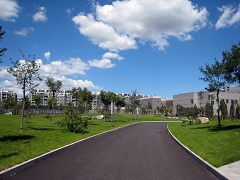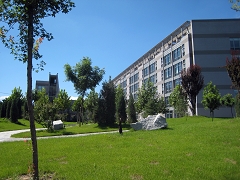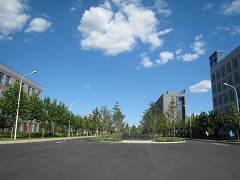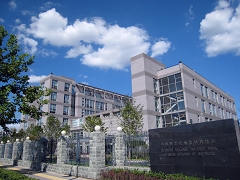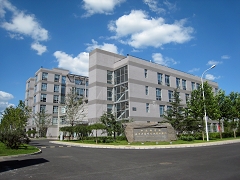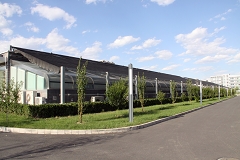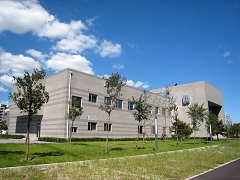Overview
The Institute of Genetics and Developmental Biology (IGDB) of the Chinese Academy of Sciences (CAS) was founded in 2001 through a merger of three CAS institutes, the Institute of Genetics, the Institute of Developmental Biology and the Shijiazhuang Institute of Agricultural Modernization.
The institute uses plant and animal models to conduct research in such areas as the genetic control of growth and development, gene expression, signal transduction, structural and functional genomics, biotechnology, molecular breeding, bioinformatics and systems biology. It aims to develop key technologies in these areas. It also aims to foster innovation in the fields of modern agriculture and population health. Researchers have already made significant contributions to biosafety, water-saving agriculture and agronomics, focusing on crop productivity and quality improvements.
IGDB has a strong scientific research team, comprising 92 principal investigators and 556 staff. IGDB’s team includes five CAS academicians, and 43 scientists won their National Science Fund for Distinguished Young Scholars awards at IGDB in the past years. IGDB had more than 800 graduate students and about 125 postdoctoral fellows. The institute offers six master’s and doctoral programs in science, two master’s programs in agriculture, and one postdoctoral research program in biology.
The institute has five research units, including the State Key Laboratory of Seed Innovation, Laboratory of Advanced Breeding Technologies, Laboratory of Integrative Physiology, Center for Zero-to-One Innovation, Center for Agro-Resources Research. The institute is home to the National Plant Gene Research Center in Beijing.
The institute has cooperated with local partners to set up several high-tech breeding centers focused on the molecular breeding of rice, wheat, cotton and vegetables. It also has cooperative relationships with institutes, universities, and companies around the world.
The Genetic Society of China is affiliated to the institute as well as an Editorial Office, which publishes three major journals, Journal of Genetics and Genomics, Hereditas (Beijing) and Chinese Journal of Eco-Agriculture.
 CAS
CAS
 中文
中文




.png)
